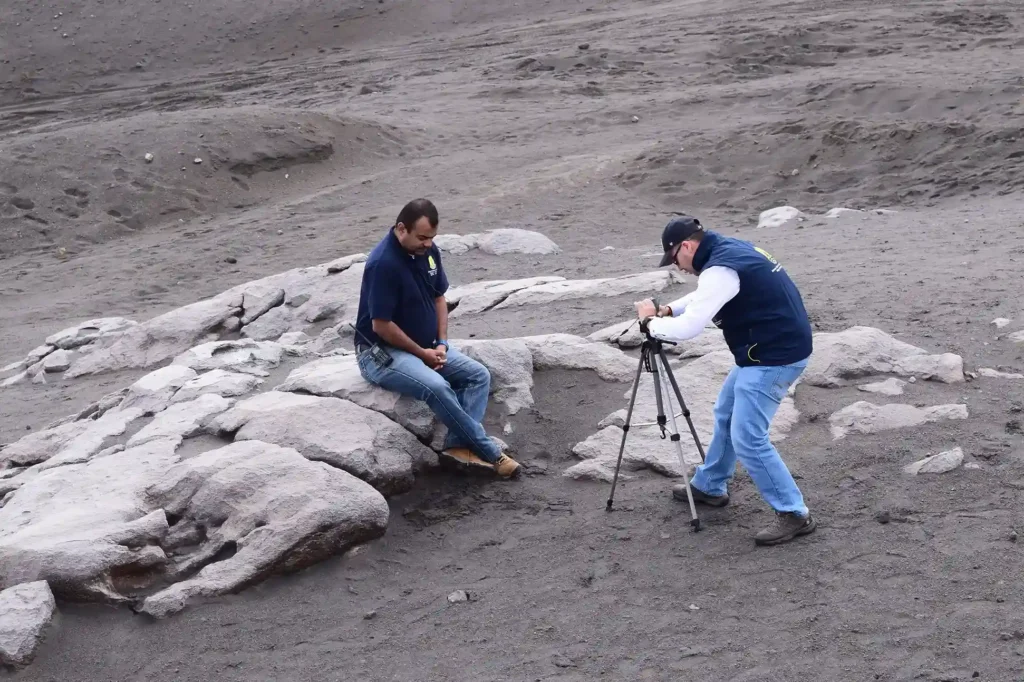A wave of critical developments is shaping economic landscapes, political strategies, and climate policies. Business sectors are responding to shifting regulations, while political leaders face mounting pressure to address urgent challenges. Severe weather events are disrupting global trade and financial markets, forcing rapid policy adjustments. Governments are working to stabilize economies amid growing uncertainty. Strategic decisions in politics and business are set to redefine long-term progress. As the world adapts, stakeholders are closely watching the unfolding events.





- Economic Reforms Spark Industry-Wide Adjustments
New financial regulations are reshaping corporate strategies and investment flows. Businesses are adapting to policy changes affecting taxation, trade, and infrastructure. Market analysts are predicting shifts in employment trends and consumer behavior. Global industries are navigating increased operational costs due to economic fluctuations. Startups and entrepreneurs are adjusting to emerging opportunities and risks. The financial landscape continues to evolve in response to regulatory decisions. - Political Policies Drive Market Reactions
Recent government initiatives are impacting stock markets and investor confidence. Trade negotiations are influencing the flow of goods, services, and capital. Lawmakers are debating fiscal policies that could redefine economic stability. Public response to political shifts is affecting corporate decision-making. Business leaders are calling for clarity on long-term government strategies. Economic progress hinges on policy consistency and market confidence. - Extreme Weather Disrupts Supply Chains and Infrastructure
Severe storms and natural disasters are delaying global trade operations. Floods, wildfires, and hurricanes are damaging key manufacturing and transport hubs. Insurance and logistics sectors are facing increased pressure from climate-related risks. Governments are allocating emergency funds to restore critical infrastructure. Businesses are implementing contingency plans to mitigate further disruptions. Adaptation strategies are becoming essential for long-term sustainability. - Government Strategies Aim to Strengthen Economic Stability
Authorities are introducing measures to counter financial volatility. Central banks are adjusting interest rates to balance inflation and growth. Tax incentives are being considered to support struggling industries. Infrastructure investment is being prioritized to boost economic resilience. Trade policies are evolving to accommodate new geopolitical dynamics. Policymakers are balancing short-term stability with long-term economic goals. - Public and Corporate Sectors Push for Climate Accountability
Businesses are investing in sustainable solutions to comply with environmental laws. Consumers are favoring companies with strong commitments to climate action. Political leaders face increasing demands for transparency in environmental policies. Financial institutions are integrating climate risk into investment strategies. Renewable energy projects are receiving higher government and private funding. Climate-focused regulations are reshaping business models and economic priorities. - Future Trends Shaping Business, Politics, and Climate Response
Economic trends suggest a continued shift towards sustainable and technology-driven markets. Political decisions will play a crucial role in shaping global trade agreements. Climate adaptation policies will influence business investments and regulatory frameworks. Market leaders must stay agile in response to policy and economic changes. The interconnected nature of business, governance, and climate challenges remains critical. The upcoming months will be decisive in determining the path forward for all sectors.
The intersection of business, politics, and climate policies is defining new challenges and opportunities. Global economies are adjusting to shifts in regulations, market trends, and extreme weather patterns. Governments are under pressure to ensure stability while addressing long-term environmental concerns. Corporate leaders are adapting to evolving financial and trade policies. Public sentiment continues to influence political and economic decisions. The coming developments will shape the future of global progress and sustainability.



























